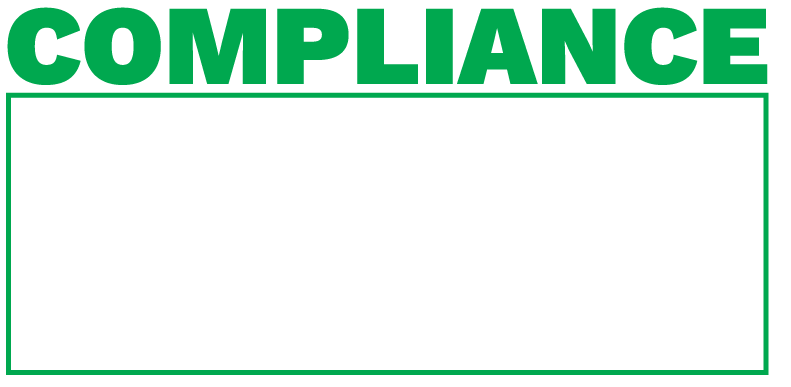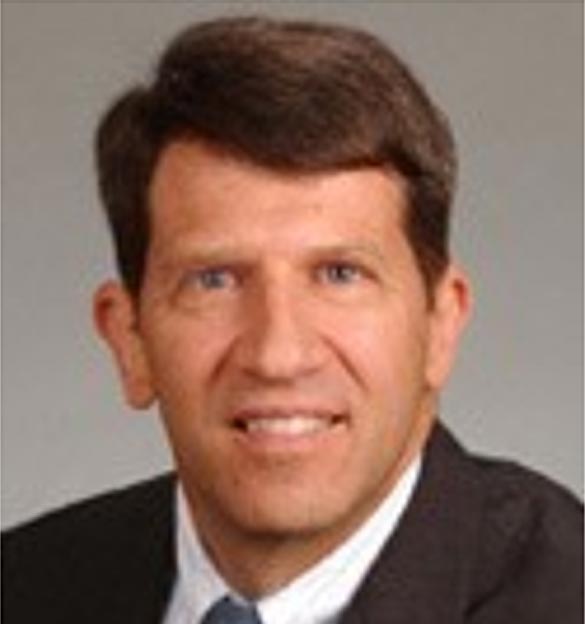U.S. Trade Compliance Certification Series
Comprehensive and engaging online training courses designed to reflect the distinct learning objectives of U.S. trade compliance practitioners:
Comprehensive and engaging online training courses designed to reflect the distinct learning objectives of UK trade compliance practitioners navigating U.S. export controls:
Receive Certification from world-recognized universities
Receive certification from world-recognized universities
Upon completion of any trade compliance practitioner subscription courses, North American subscribers will receive a Certificate of Completion from the Schar School of Policy and Government at George Mason University.
Upon completion of any U.S. Trade Compliance Certification courses, UK subscribers earn Continuing Professional Development (CPD) Points from the Institute of Export and International Trade.


Access to a full year of exclusive continuous learning events.
Our trade compliance practitioner is designed to provide you with exceptional value for every dollar you invest. Beyond the best-in-class online training and certification you will receive
- Access to a full year of online and in-person events featuring exclusive analysis and insider perspectives from top government and industry experts on important and developing compliance issues.
- Ongoing course and regulatory updates
- Subscriber-only access to our LinkedIn community




















